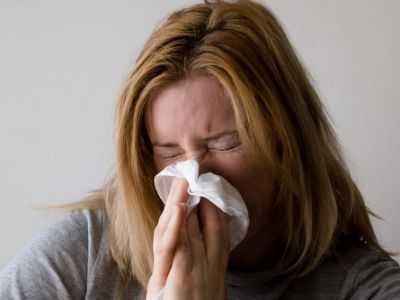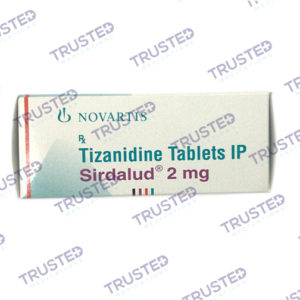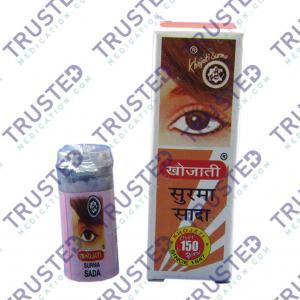
Pollen allergy is a typical cause of allergy in the US. It is due to the fine powder from trees, grasses, flowers, and weeds. Many people have an adverse response to pollens and lead to allergic reactions. The immune system defends the body against bacteria and viruses and prevents illnesses. The immune system mistakenly identifies the harmless pollen as a dangerous intruder. It releases chemicals to fight against pollen.

What are the Symptoms of Pollen Allergy?
- Nasal Congestion
- Sneezing
- Runny nose
- Watery eyes
- Itchy throat and eyes
- Wheezing
- Cough
- Swollen, bluish-colored skin beneath the eyes
- Decreased sense of taste or smell
- Increased asthmatic reactions
Allergies are very common. They occur when your immune system reacts to substances called allergens. When you have allergies, your body will make an antibody that identifies a particular allergen as harmful. When this allergen comes in contact with your body, your immune system will react. It releases histamine causing irritating swelling and rashes.
Different Types of Pollen that can Trigger Allergy

- Birch pollen allergy. It is a typical allergen during spring.
- Oak pollen allergy. Oaktree sends pollen into the air during the spring.
- Grass pollen allergy. It is typical during summer and it causes severe symptoms that are difficult to treat.
- Ragweed pollen allergy. It’s weed pollen that is wind-driven. It can travel hundreds of miles and survive through a mild winter.
How to Diagnose Pollen Allergy?
Your doctor may recommend an allergists for testing and diagnosis. An allergist is someone who specializes in diagnosing and treating allergies. Your doctor may also assess your history, symptoms, and when does the allergy start. Tell the allergists about the symptoms to manage the symptoms. Stay indoors during windy days to avoid catching pollen allergens.
Management and Treatment for Pollen Allergy
- Several topical medications reduce the effects of allergies. Ensure to visit an allergist to determine the cause of your symptoms and help you get proper medications.
- Get ahead of the pollen season to prevent possible allergy attacks. Seek medical help when the symptoms get worst or the medications have adverse side effects.
- Immunotherapy options are available for those with severe pollen allergies. You can have allergy shots to help your body build resistance to pollens.
- Consult your doctor before trying supplements or herbs because some can interfere with the effectiveness of medications.
- Tablets are also available to those who have grass and ragweed allergies. These medications must be started 12 weeks before symptoms are expected to begin.









